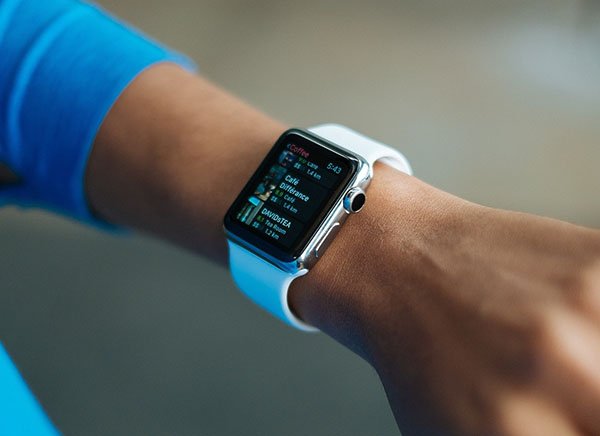23 December 2024, Mon |
1:31 AM

According to a new report, Apple’s wristwatch is equipped with the necessary components to provide the function of tracking stress. Contrary to certain other wearables, the Apple Watch does not specifically offer stress-tracking functions that can notify you of potential changes in your stress level.
The study was done by researchers at Canada’s University of Waterloo and was published in Frontiers in Digital Health. The researchers were collecting data more specifically electrocardiogram (ECG) data from the Apple Watch Series 6 models. The researchers believe that the data can be used to predict stress levels, with a 30-second ECG reading providing feedback on a watch wearer’s stress levels.
The study required people to wear Apple Watch Series 6 and collect ECG data six times during the day at three-hour intervals. The people in the study also had to fill out a stress questionnaire each time they submitted their data. To predict stress the researchers used machine learning models.
The report stated “We applied the machine learning models Random Forests (RFs) and Support Vector Machines (SVMs), as these models have been successfully used in stress prediction literature.”
The study does show that the Apple watches can predict “no stress” quite well. Features that can more accurately predict stress need to be made to catch potential stress in someone.
The study said “ We found that the models performed at the low end of the state-of-the-art stress prediction technology. We were able to identify several HRV features, as well as socio-demographic classes which impacted the accuracy of the model. The results suggest that, with further development, Apple Watch ECG sensors could be employed for mobile, real-time stress prediction.”
For some time, stress monitoring has been mentioned as a potential feature for both the Apple Watch and the watchOS operating system, which runs Apple’s wearables. Competitor products, including the Fitbit Sense 2 and Samsung Galaxy Watch 4, include their stress monitoring features.